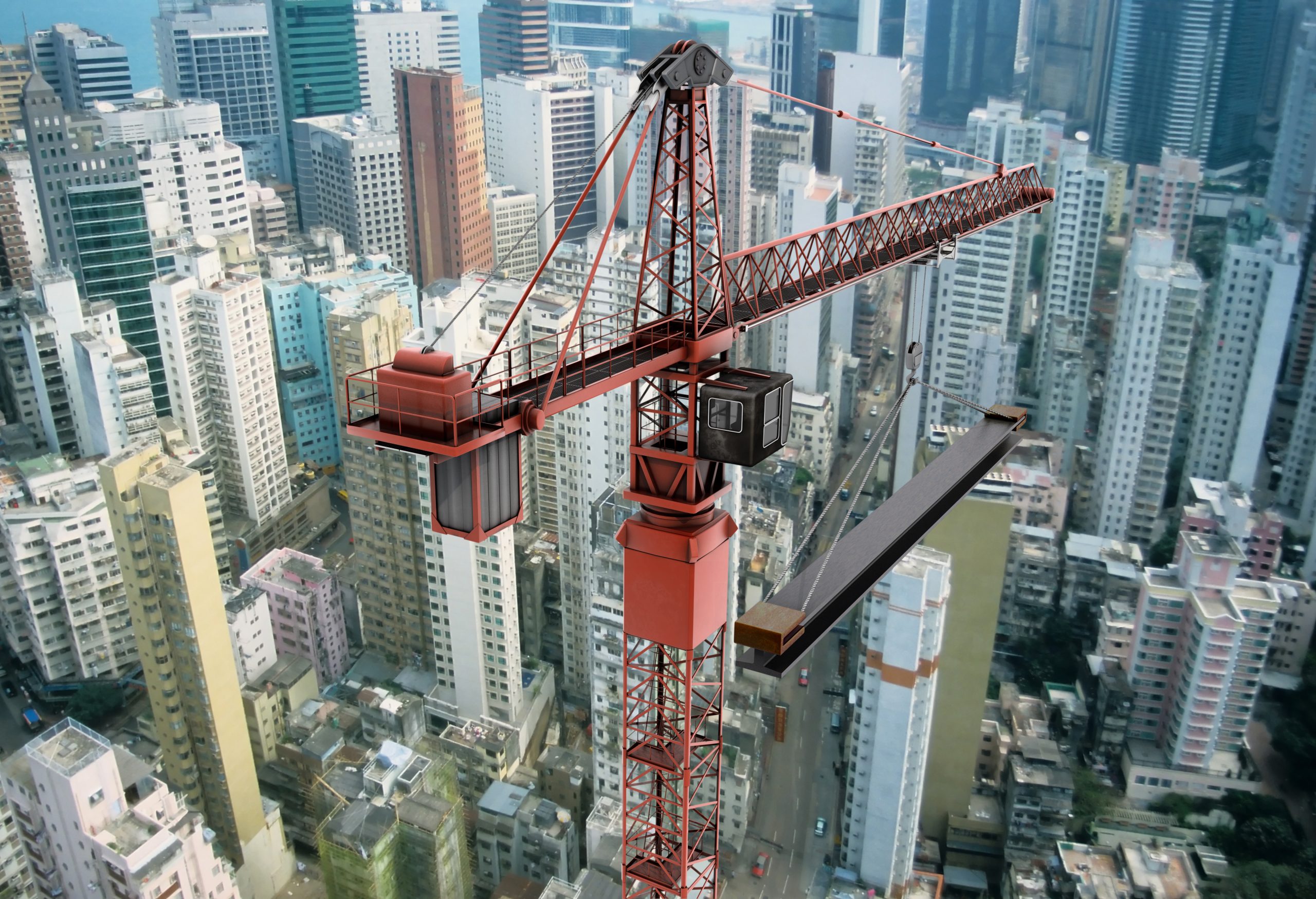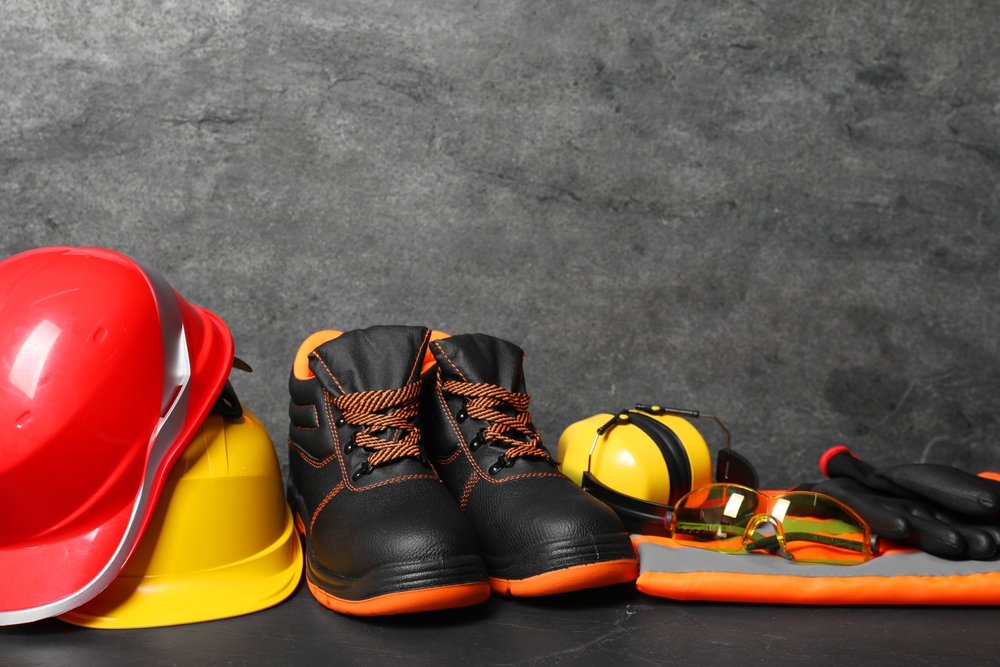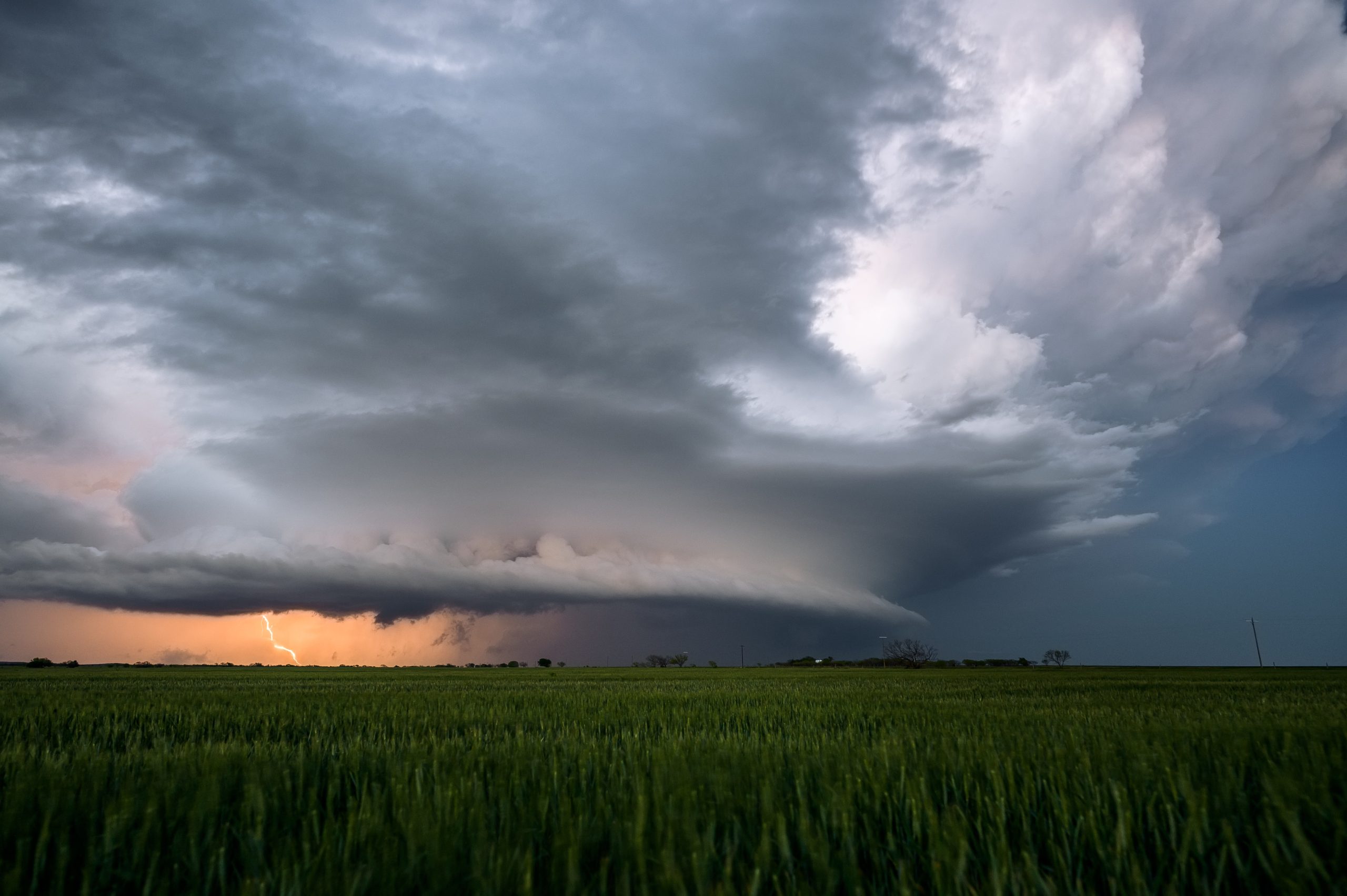The recent collapse of a 565-foot crane on the streets of lower Manhattan has brought the issue of crane safety standards to national light. As wind and snow conditions worsened, the crane’s crew recognized the need to lower the crane’s boom for safety. The precise causes of the incident are still under investigation, but the end result was the crane toppled and killed a man on the street below and injured three other people, in addition to destroying the road surface, breaking gas and water lines, and disrupting subway service to the area.
Tightening OSHA Standards
In 2010, OSHA introduced a new set of standards for crane safety. The new OSHA crane standard was originally set to roll out in phases, ending in November 2014, with the requirement that all crane operators be certified. This deadline has since been extended to November 2017, with the provision that employers must ensure that all operators, certified or not, must be properly trained to operate the specific equipment they are working on, and must comply with all other OSHA, state, and municipal requirements during the three-year extension period. OSHA expects that these new regulations will prevent 22 fatalities and an additional 175 injuries each year, due to crane accidents.
New Regulations From City Of Chicago
Beginning on March 1, 2016, new regulations take effect in the city of Chicago, which affect many aspects of construction safety management, including the operation of cranes, operator licensing, and reporting requirements. Some of the major points of Chicago’s new regulations:
- More Operators Must Be Certified – Previously, Chicago required operators of cranes with lift/hoist capacity ratings of 10,000 pounds and above to be certified. The new law lowers that limit to lift/hoist capacity exceeding 2,000 pounds.
- New Classifications – Chicago’s new law adds crane classifications and further clarifies existing classifications of cranes whose operators must obtain a Chicago Crane Operator License. Operators who already have a Chicago Crane Operator License won’t need to re-apply, unless they need to add specific equipment to their licenses.
- Deliveries to Construction Sites – Operators who are delivering materials and supplies to an upper level of a building are now required to be licensed. Ground-level delivery operators do not need to be licensed.
- Licensing Requirements – In order to get a Chicago Crane Operator License, an operator must be at least 21 years old, and needs to have a minimum of 2,000 hours of operating time within the last 48 months. The operating hours requirement can be waived if the operator completes an apprenticeship program approved by the Board of Crane Operators. Most pieces of equipment will require both a written and a practical exam for licensing.
- Reporting Requirements – Operators and employers are required to immediately report all crane accidents and safety issues to the City of Chicago, and shut equipment down immediately when any safety devices or operational aids are out of order.
- Increased Fines – Fines for operating without a license can be levied against the crane operator and the crane owner, contractor, or sub-contractor who employs the operator. Fines for operators range from $1,000 to $10,000 per violation, and owners/employers may be subject to fines from $2,000 to $30,000 for each infraction.
Act Now
If you’re operating crane equipment in Chicago city limits, ensure that your operators are properly licensed by taking the written exam and practical exam (if required). The Chicago Crane Study Guide is available online to prepare your operators for this exam if they have not yet completed it. Beginning April 1, 2015, operators can apply online for an upcoming exam date.
Also, remember that the new OSHA crane operator certification requirement is enforceable starting on November 10, 2017 deadline. OSHA has received approval from Congress to raise its fines beginning August 1, 2016, so failing to meet the deadlines for compliance may prove a very costly mistake.
Building A Safety Culture Protects People, Productivity, And Profitability
By working with safety consultants, Chicago companies can develop training and certification programs that help ensure that your employees are engaged in building and sustaining a culture of compliance and best practices that keep everyone safe and your operations productive and profitable. Optimum Safety Management can help your company prepare for compliance with these new crane regulations and any other OSHA requirements your company is subject to. We can help you evaluate your current safety program, and provide OSHA training and certification courses when you need them. Contact us online or call us at 630-759-9908 to learn how Optimum Safety Management can help your company improve safety and efficiency.








